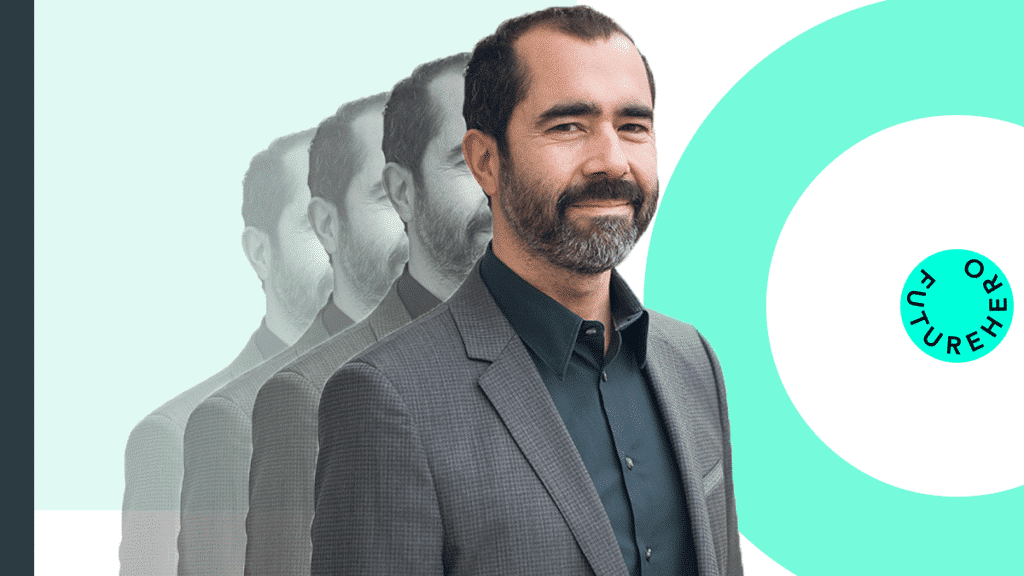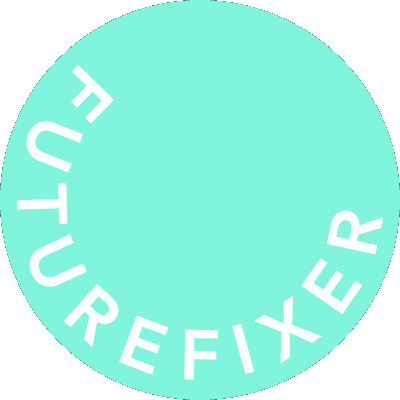 “To change the world, we need to change the people who will change it.”
“To change the world, we need to change the people who will change it.”
Social analyst and world scout guru Eduard Vallory wants us to take advantage of the current health crisis to rethink the education system – although he is convinced that before the pandemic, the system was already weakening.
President of the UNESCO Centre of Catalonia, Eduard has dedicated his entire professional career to education and even created Escola Nova 21, an innovative network of 500 schools in Catalonia; with the aim of transforming the current education system and turning traditional classrooms around to create a better society.
Between time spent as the first director of the Barcelona Graduate School of Economics (2006-12) and as a scholar at universities in the US, Eduard has been given an overview of educational inequalities. A few years ago, the Generalitat (Government of Catalonia) commissioned him to direct an innovative university programme for teacher development, because learning institutions too often focus too much on the teaching activity itself.
One of Eduard’s concerns is that the world of education is not advancing in parallel with technology. Over the past few years, he has focused his energy on empowering schools to respond to constant and exponential change.

Eduard Vallory is committed to a quality education that contributes to building meaningful lives, full of dignity and autonomy
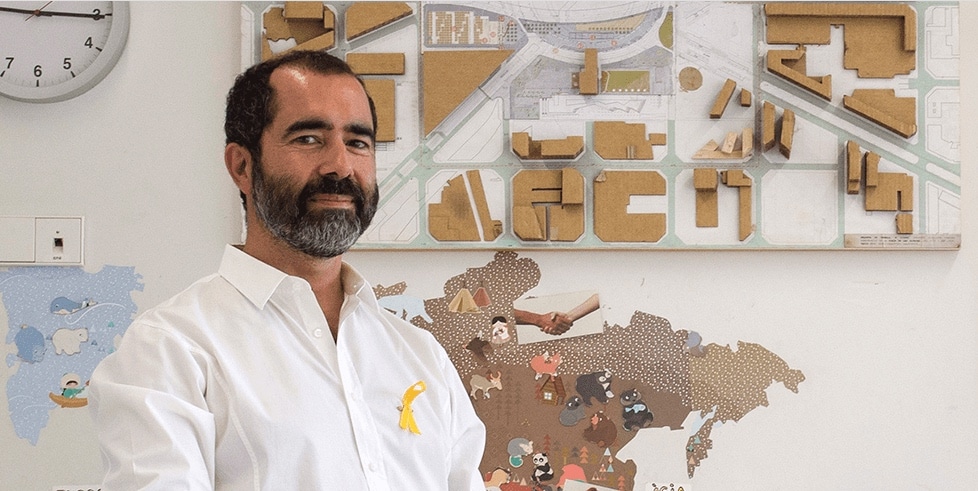
Putting the ‘Edu’ into education
We’ve been living in the Internet age for 20 years and our education system remains on the sidelines. During the pandemic, we are seeing problems with students connecting with Zoom or teachers who do not have enough digital skills, but the problem is deeper. Both on a local and global scale, education has been shown to work for a few, and the aim is for it to work well for everyone.
Education is supposed to prepare young people to respond to the challenges of today’s world and prepare them for the world of tomorrow. If teachers have limited skills or there is an infrastructural incapacity, how we can prepare them to respond to a world where, for example, artificial intelligence is developing at such a high speed that we do not realise how much our mobile phones have evolved over the last fifteen years, which has been exponential?
We must guarantee the inclusive, equitable and guiding nature of education. This means that quality education must truly reach all children, regardless of their characteristics or those of their environment, and must be to guide in their development and growth, not to select them.
The future of education is already here. The decisions that we make today determine what the education of the future will be like, and also where the education of the present should go.
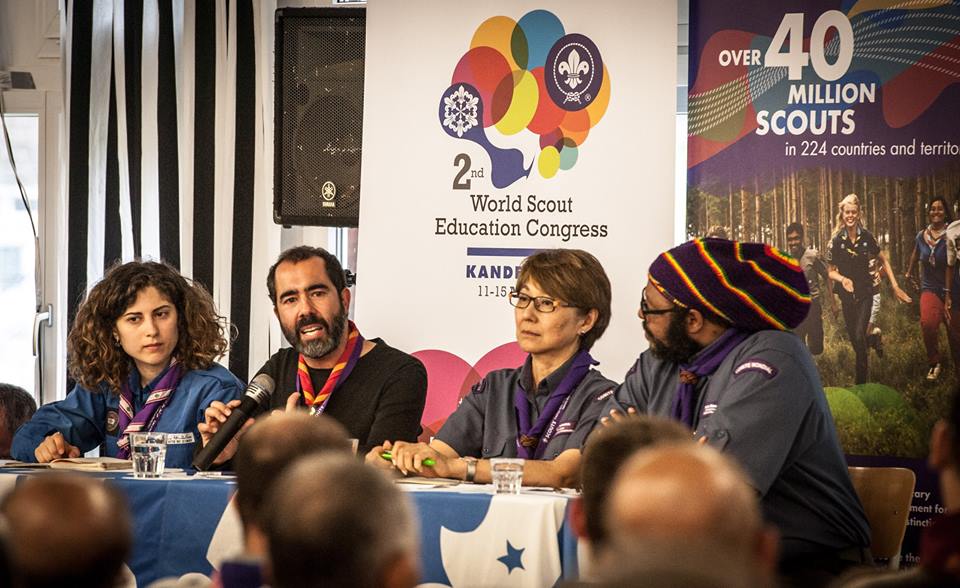
Eduard is the author of the book ‘World Scouting: Educating for Global Citizenship’ (2012)
We need to redefine the purpose of education, what impact it should have on people. To generate ‘quality education‘ for all, it is necessary to transform the way we learn, how learning is measured and the spaces, schedules and training, selection and professional development of teachers.
We must ensure that education enables boys and girls to develop their life projects with dignity and meaning. At the same time, it must contribute positively to responding to global challenges: growing inequalities, the climate emergency, the exponential technological transformation and the consequences of all this in societies.
Escola Nova 21 is an alliance for an advanced education system. Over three years, it has catalysed the efforts of thousands of teachers and hundreds of schools and institutes to move the whole education system in Catalonia to make it possible for everyone to get a quality education. There have been half a thousand schools and institutes in 60 local networks, more than 15,000 teachers and a representative sample of 30 centres with which, together with the schools, we have developed an intensive transformation procedure, which now everyone can use.
There are thousands and thousands of teachers around the world who are transforming the way we learn and sharing it with others. Thanks to our digital communication systems, it is much easier to share what is happening today in schools from far away places: through videos, resources, webinars and connections between teachers from different countries. This also happens in our house. The mobilisation of teachers and families for an education that contributes to building meaningful lives, full of dignity and autonomy, is unstoppable.
I’m impressed by projects that personalise learning, generating relevant and meaningful learning experiences that are linked to real life, like… Lumiar School in São Paulo; High Tech High in San Diego, with the great Larry Rosenstock, who has just retired; and the innovative approach of the Faculty of Education of Mondragón University in the Basque Country. They make assessment global, instead of disciplinary, so it really contributes to learning.
There are interesting projects and people everywhere. Some of them will be seen in this Fixing the future education event, like Kiran Sethi, who leads the fantastic Riverside School in Ahmedabad, India, and Ann Cook, who is now retired and attending the inspiring Urban Academy High School in New York. Of course, there are many other educational projects I know of in Catalonia, which come together at the Fòrum Futurs de l’Educació.
It was my involvement in Scouting that led me to dedicate volunteering and professional time to initiatives for a better world. One learns that coexistence requires that we all contribute to it, and also that service to others is not only a moral duty, but a vital satisfaction.
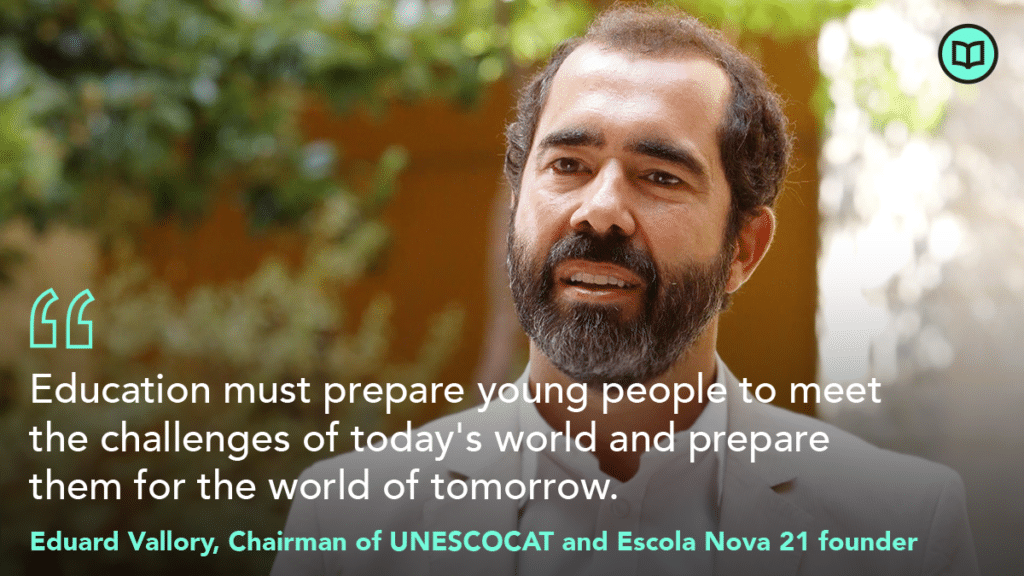
AtlasEvent: Eduard will be talking at ‘Fixing the future: Education edition’ on Thursday 5 November. Watch LIVE here ► English / Catalan
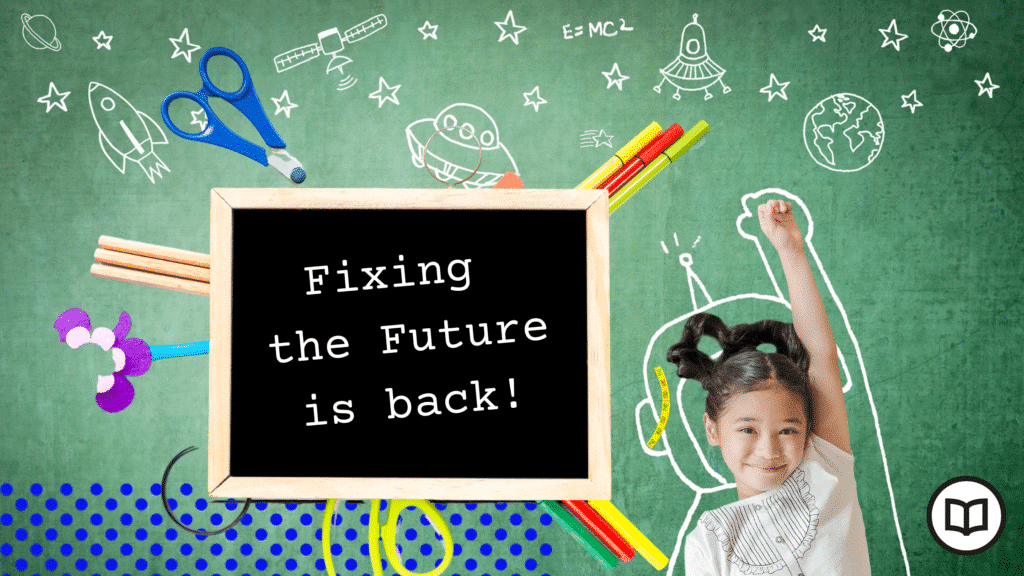
You too can fix the future.
► Sign up to AtlasNews for more FutureHero interviews
